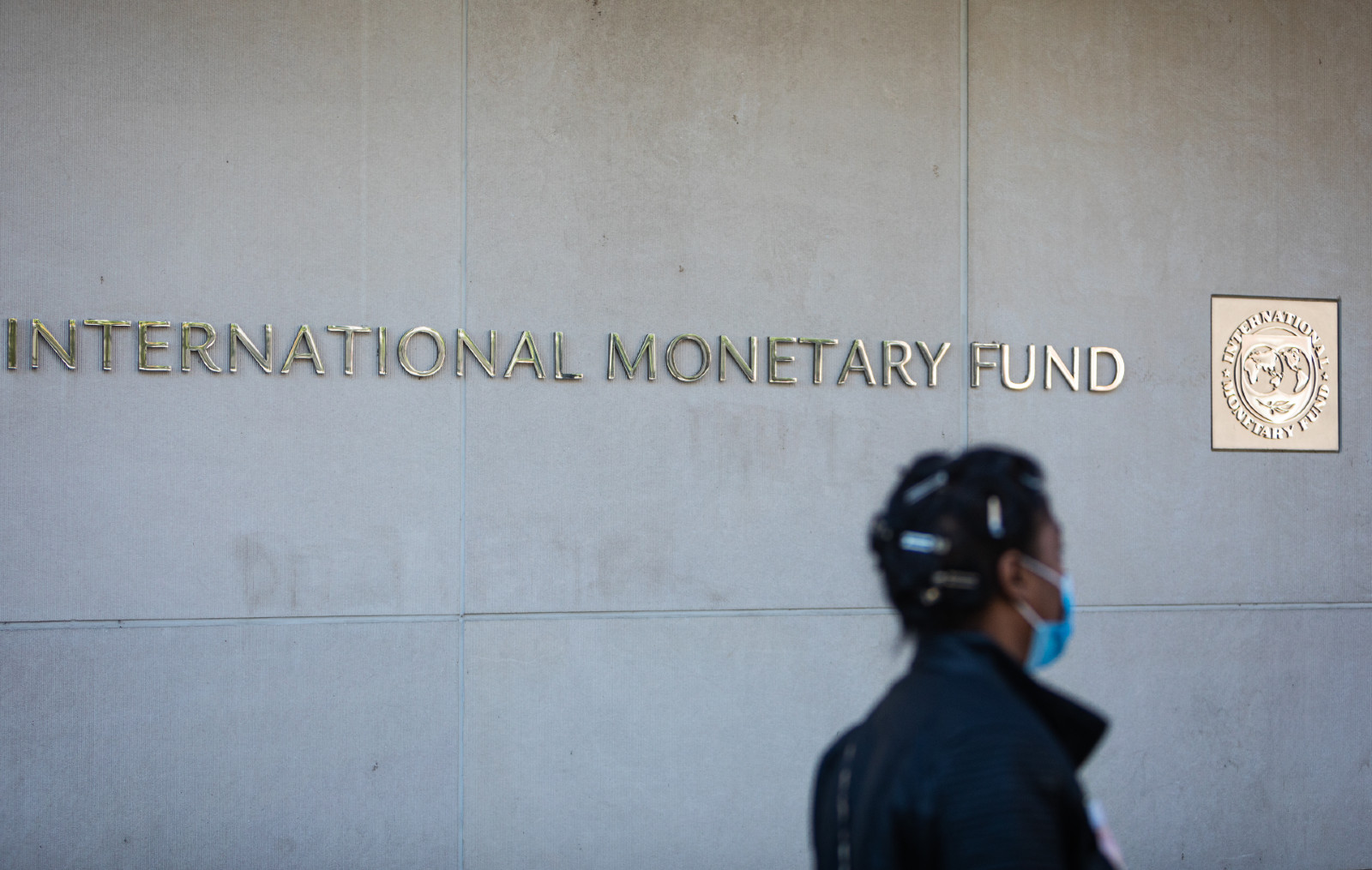Our latest IMF report card is out, unlocking USD 1.67 bn

The IMF has bumped its growth outlook for Egypt in FY2020-2021 to 2.8%, up from its 2% forecast in June. The lifting of lockdown measures has helped the economy to show “early signs of recovery” after a milder-than-expected downturn, the Fund’s Executive Board said following its first review of Egypt’s USD 5.2 bn standby loan agreement. This would make Egypt one of only a handful of countries to have grown in 2020, with the report estimating the economy expanded 1.5%. On the flipside, this means that FY2021-2022 will see “less sharp growth” as the recovery will now come sooner than expected.
Egypt got a passing grade across the board, with the exception of a “marginal breach” of the lower end of the Central Bank of Egypt’s (CBE) target range for inflation. The dip in inflation triggered the monetary policy consultation clause, leading the CBE to request an amendment to the clause “to take into account recent inflation dynamics,” the Fund said. The consultation band is also being narrowed one percentage point to +/- 2 for the inner bands and +3/-4 for the outer bands.
The Executive Board’s completion and approval of the first review means Egypt can now draw the second USD 1.67 bn tranche, bringing the total amount disbursed under the SBA to USD 3.6 bn.
Where we did well
The economy as a whole fared better than expected, with GDP contracting in 3Q2020 at a slower pace than the fund had penciled in for the quarter on the back of “robust consumption.” Net foreign reserves and primary balance outturns “outperformed” their targets, while tax revenues jumped 14% y-o-y during the quarter, “reflecting strong growth in corporate income tax receipts that offset weaker VAT collection.” Egypt also managed to meet all the targets set for “health and social spending, the government’s overdraft at the CBE, and the share of short-term net domestic issuances.”
The flood of fiscal + monetary responses to the pandemic got brownie points, with the IMF pointing to initiatives from the CBE and the government coming together with strong liquidity buffers in the banking sector to prop up domestic activity. “The banking sector on aggregate was well capitalized entering the crisis and the latest available financial sector indicators appear sound.”
Our green economy push didn’t go unnoticed, either, with the report saying the fund “welcomes the focus on green recovery and Egypt’s leading regional role in this regard.”
On the structural reform front, things are broadly moving ahead as planned: A reform strategy for the National Investment Bank (NIB) that is expected to be complete by the end of the current month is evidently a priority for the government, which completed an external auditor’s evaluation of the bank’s financial position. Fiscal structural benchmarks put in place for the end of December are also progressing mostly as scheduled, although the report notes that authorities need to kick up the pace for a medium-term revenue strategy that needs to be signed off by cabinet by the end of the year. The strategy “will help improve revenue mobilization and increase fiscal space for spending in health and education while achieving the key medium-term objective of reducing public debt.”
The government is also making progress on structural reforms designed to encourage the development of the private sector and better public sector governance, including publishing financial reports for state-owned enterprises and the ratification of the Customs Act ahead of schedule.
Challenges
Work still needs to be done on fiscal sustainability, improving trade + market competition, and gender: While Egypt’s ability to repay the loan remains “adequate,” the report points to some risks that have persisted since the Fund signed off on the SBA, including “uncertainty about the global economic conditions and some concentration of repayment obligations to the Fund in FY2023-2024 and FY2024-2025.” On the upside, continued improvement in Egypt’s fiscal and external positions indicate we will be able to repay.
Public debt and heavy financing needs also continue to be a challenge, leaving us “vulnerable to changes in financial conditions for emerging markets.” The report points to the possibility of another mass exodus of capital that could ramp up pressure on the currency and lead to financing pressures. “Strengthening resilience to further shocks and maintaining investor confidence in Egypt’s economic outlook requires continued timely policy implementation.”
We also need to double down on:
- Improving competition to encourage economic growth and job creation led by the private sector;
- Advancing women’s labor force participation and closing the gender gap by providing tools such as setting up childcare facilities and offering training programs to women;
- Preparing the labor force for digitized work in the post-covid world.
Tap / click here to read the full report (pdf). Reuters also had the story.